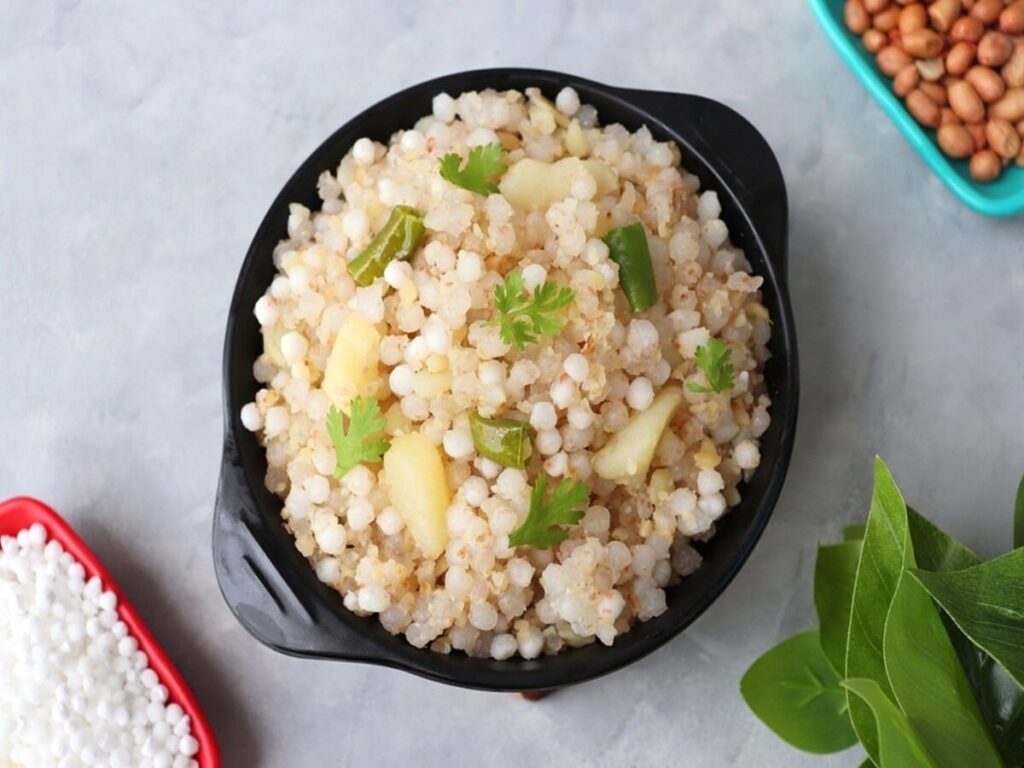Sabudana, also known as tapioca, is a starchy substance derived from the cassava root and is popularly consumed during fasting periods in India. It is cherished for its versatility in preparing various dishes like khichdi, vadas, and sweets. However, while sabudana is widely consumed, there are specific groups of individuals for whom its consumption may not be advisable. This article will explore who should avoid sabudana and discuss the potential health issues that may arise from its intake.
Who Should Avoid Sabudana?
Individuals with Diabetes
Sabudana has a high glycemic index, which means it can cause a rapid spike in blood sugar levels. Therefore, individuals with diabetes or insulin sensitivity should be cautious about incorporating sabudana into their diet. It’s essential to monitor portion sizes and consider alternatives that have a lower glycemic index.
People with Allergies
Though rare, some individuals may have allergies to tapioca or its derivatives. Symptoms can include digestive distress, rashes, or more severe allergic reactions. It is recommended that anyone with known food allergies consult a healthcare professional before consuming sabudana.
Those with Gastrointestinal Disorders
Sabudana is high in carbohydrates and can cause bloating and gas, especially in individuals with irritable bowel syndrome (IBS) or other gastrointestinal issues. Consuming sabudana could exacerbate these conditions, leading to significant discomfort.
Potential Health Issues Related to Sabudana Consumption
Digestive Issues
As mentioned, sabudana is rich in starch, which can lead to digestive disturbances such as constipation or diarrhea in sensitive individuals. It is essential to balance sabudana with other foods high in fiber to mitigate these issues.
Weight Gain
Being calorie-dense, excessive consumption of sabudana may lead to weight gain. Individuals looking to maintain or lose weight should ideally limit their intake and pair it with nutrient-dense foods rather than consuming it as a standalone meal.
Nutrient Deficiency
While sabudana provides energy, it lacks vital nutrients such as proteins, vitamins, and minerals. Relying heavily on sabudana can lead to imbalances in nutrition and deficiencies over time. It’s crucial to incorporate a variety of foods to ensure a balanced diet.
Conclusion
Sabudana is a popular choice during fasting periods and offers various culinary possibilities. However, it’s important to recognize that not everyone should consume it. Individuals with diabetes, allergies, digestive disorders, or those monitoring their weight may need to be cautious. Awareness of these factors can help in making informed dietary choices, contributing to better health and well-being.
